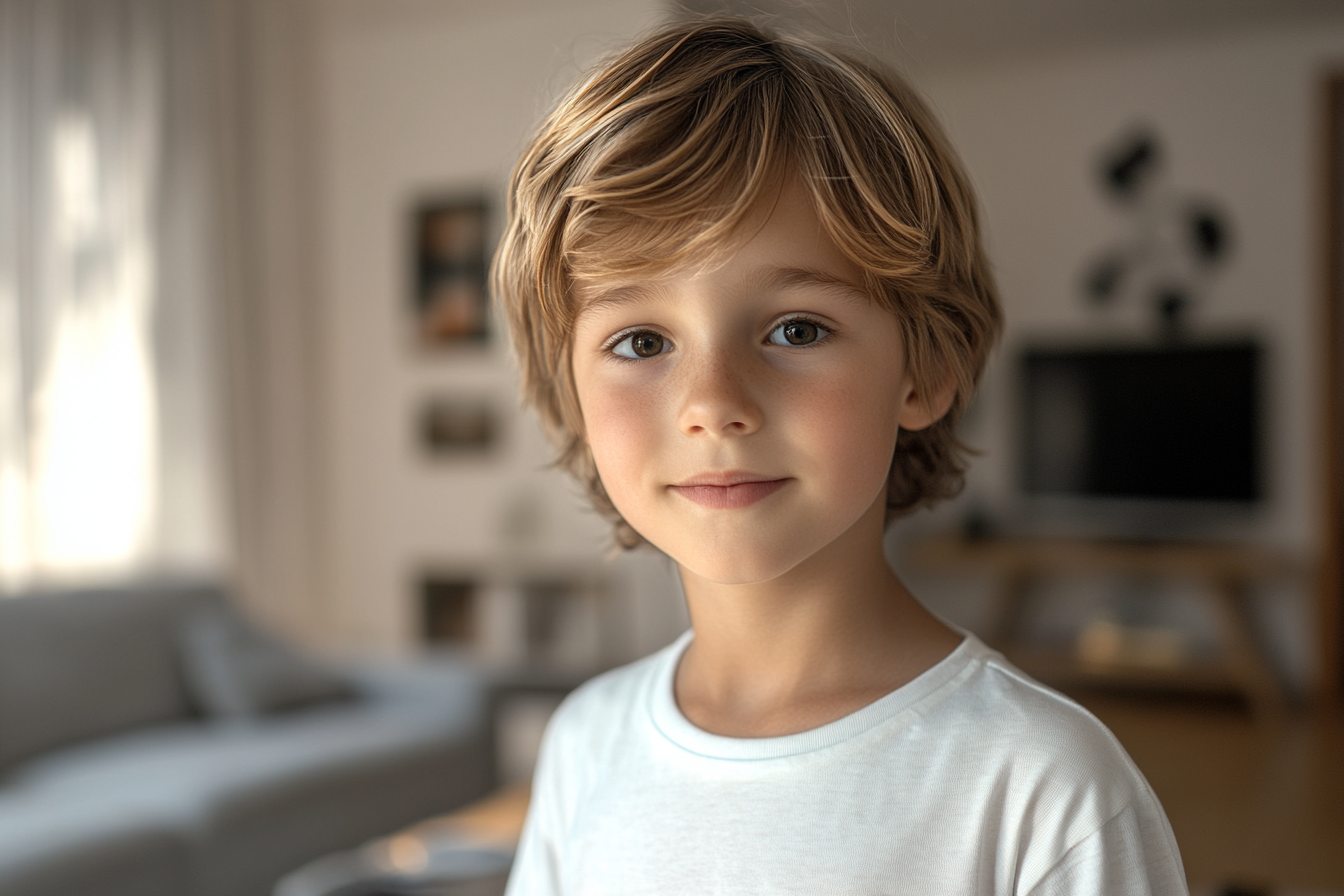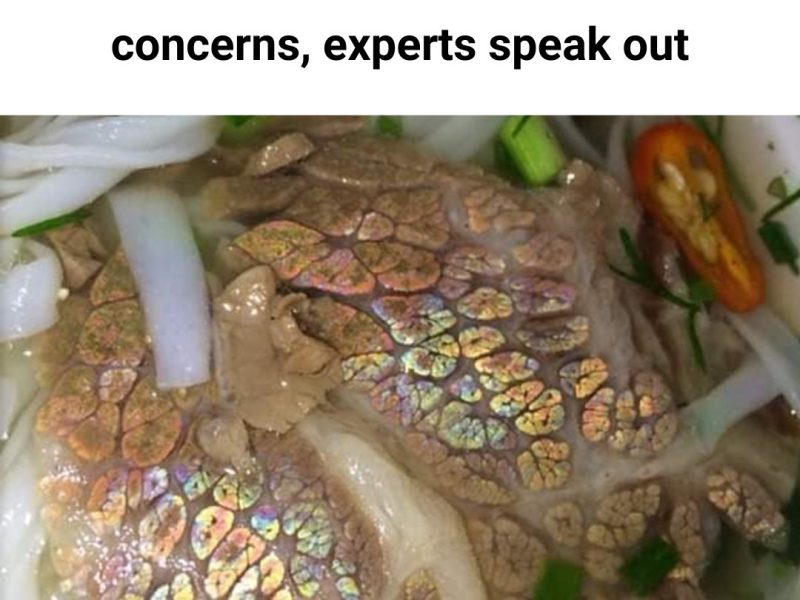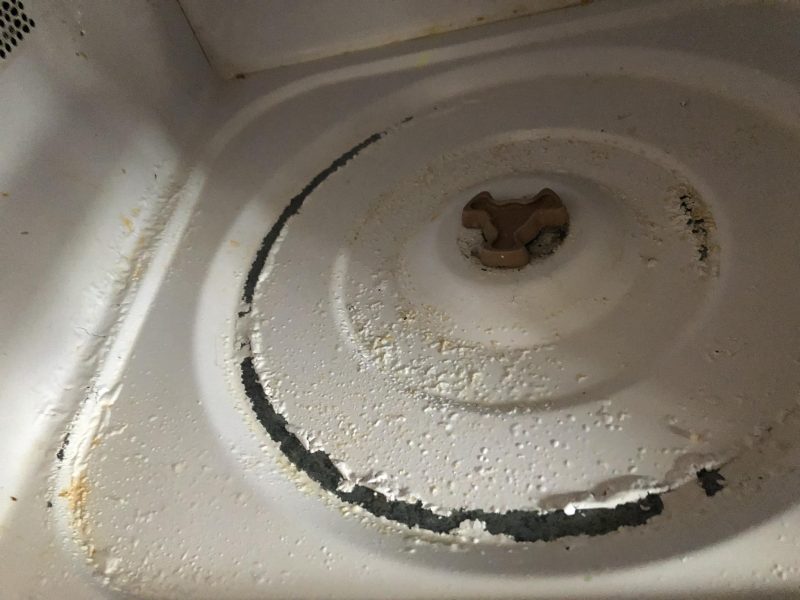I was counting down the days to my grandson Noah’s first baseball game, ready to cheer with a homemade sign and a shirt sporting his number. I’d planned everything, from a glittery banner to a new chair for the sidelines, imagining Noah’s smile when he saw me. But the night before, my daughter-in-law, Rachel, called with a blow: I couldn’t attend. Her excuse seemed fair at first, but when I learned the real reason, it shook me to my core.
Six years ago, my husband, Mike, died suddenly during our daily walk. One minute we were dreaming of retirement; the next, I was alone, staring at his jacket by the door. The loneliness weighed heavy, but my son, James, said, “You’ve got us, Mom.” It was Noah, my seven-year-old grandson, who truly became my light. His bright questions and big hugs healed my heart. As a retired schoolteacher, I’ve known countless kids, but Noah’s my world, my reason to keep going.

When James and Rachel’s careers took off, I started caring for Noah after school. We’d share milk and cookies, finish homework, and play ball in the yard. “Show me how Grandpa did it,” he’d say, gripping his bat. “You’re a champ, just like him,” I’d reply. When Noah made the Little League team, I was bursting with pride, telling my gardening club about my star. James gave me the game details, and I prepped—a sparkly sign, a custom shirt, a comfy chair. But Rachel’s call changed everything.
“It’s parents only,” she said, mentioning a league rule about crowd control. My heart sank, but I trusted her, setting aside my plans. On game day, I dusted shelves, picturing Noah swinging his bat. Then my neighbor, Susan, texted a photo of Noah mid-game, with bleachers full of people—grandparents too. Another text hit hard: “Why were Rachel’s parents there but not you?” The photo showed Noah with a trophy, Rachel’s parents grinning, holding a massive toy. Parents only? That was a lie.
I called James, but he didn’t answer. Later, he came over, looking uneasy. “Rachel didn’t want you there,” he admitted. “She thought your enthusiasm—the sign, the cheers—might embarrass Noah. Her parents are calmer, and they brought that big gift. She didn’t want you to feel outshined.” He paused. “They also said you’re not their type.” The words cut deep. I’d been excluded for being too proud, too loving.
A month later, Rachel called, desperate. Noah was sick, his fever high, and they had a work crisis. Her parents wouldn’t help, avoiding illness. “Can you stay with him?” she asked. I was there fast, soothing Noah with stories of Mike’s baseball glory. “I wanted you at my game,” he whispered, squeezing my hand. My heart ached and healed. “I’m here, Noah,” I said. When his fever dropped, Rachel thanked me quietly. “Family steps up,” I replied.
As I left, Noah gave me a baseball, signed by his team. “For you, Grandma,” he said. I placed it by Mike’s photo, knowing I’m Noah’s anchor, his biggest fan. If they try to keep me out again, they’ll see that love always shows up when it counts, no matter who tries to call the shots.


